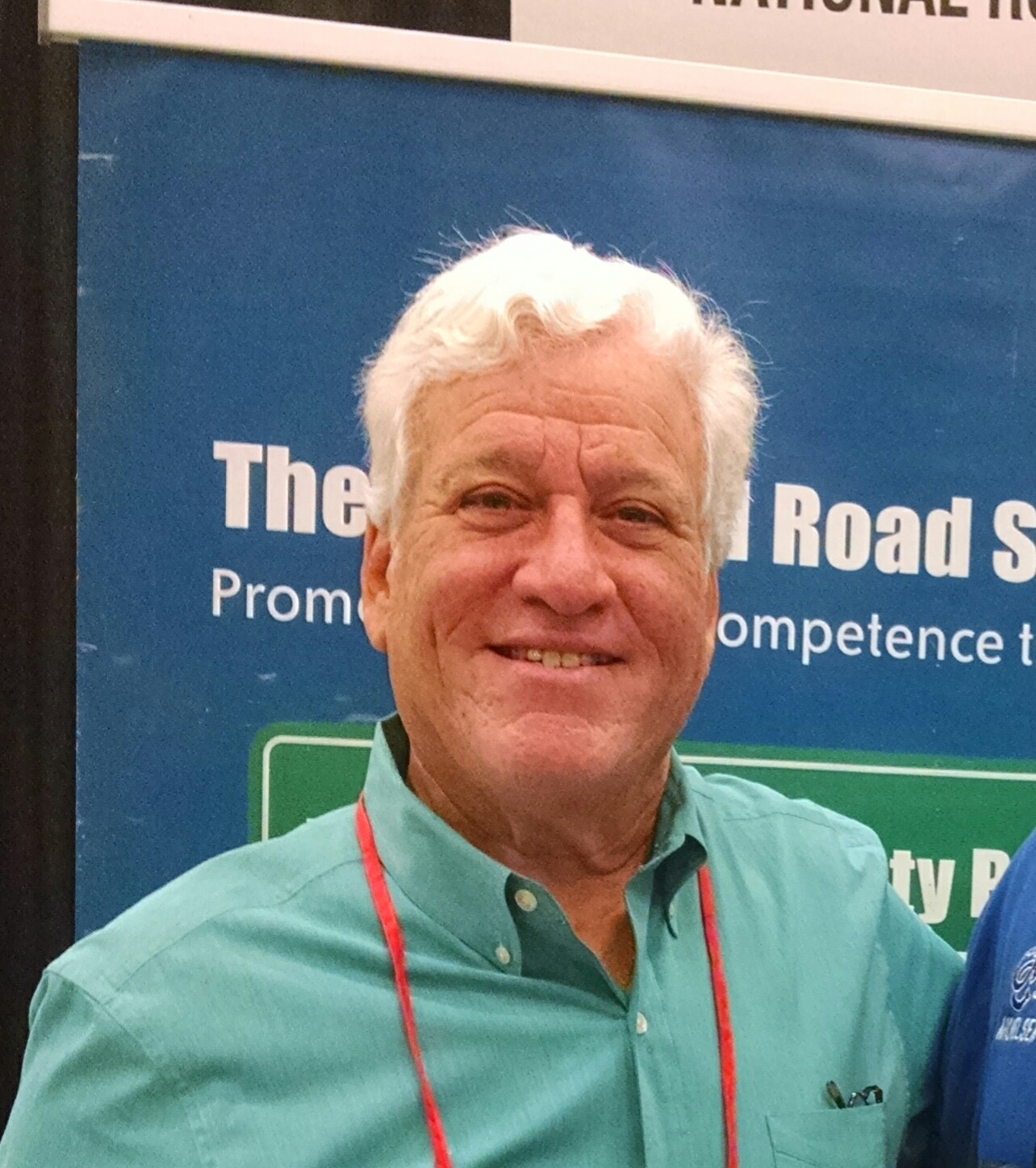Everyone knows that police give you a 5 mph leeway when it comes to whether they will stop you and hit you with a speeding ticket. After all, speeding is something we all do, right?
Many years ago, I was at a traffic safety planning conference in New York. The room was filled with law enforcement and traffic safety officials from throughout the state. One of the speakers was talking about speeding and he asked for a show of hands to the question, “Do you sometimes exceed the speed limit?”
After an awkward momentary hesitation, everyone in the room raised a hand. Everyone speeds, even those who should know better.
A recent survey showed more than one-third of all drivers say they always travel 5 to 10 miles over the speed limit.
But here’s the problem. Speeding isn’t simply running the risk of getting stopped and being hit with a costly ticket. Speeding can be – and too often is – deadly.
Studies by The National Highway Traffic Safety Administration three years ago show that speed was a factor in 26 percent of all fatal traffic crashes in the U.S.
That percentage has likely risen, since during the pandemic, as roads were less crowded, speeding became even more commonplace. Speeding, however, was even more extreme as police regularly reported seeing motorists exceeding 100 mph, even on city streets.
The faster you go, the easier it is to lose control of the car. The chances of surviving a crash at 100 mph are exponentially less than surviving a crash at lower speeds. That reality has been borne out as we look at the traffic death statistics in the U.S. for 2020. Even as fewer people were on the roads, the traffic fatality total rose by 7.3 percent to 36,680 -- the highest number in 13 years.
Going back to the 5 mph leeway by police… it’s a fallacy. I’ve spoken with many police officers and it’s been a topic of discussion at police conferences I’ve been to. Police look at how fast you’re going, along with what the road conditions are and what the traffic flow is. They also look at your overall driving behavior.
On a city street, if the speed limit is 30 and you’re doing 35, you might not get stopped. But if you’re doing 35 as there are kids riding their bikes in the street, you might get pulled over. You’re going too fast for the road conditions.
On the highway, if you’re going along with the flow of traffic and that flow is 10 mph over the posted limit, you might get away with it. But if you’re over the limit and also exhibiting risky behavior like tailgating or jumping from lane to lane, you put yourself in the officer’s bullseye.
The best advice I can give is to obey the posted speed limits. Be patient. You may arrive at your destination five minutes later, but at least you’ll arrive safely and in one piece. And you won’t have put someone else on the road at risk by your selfish driving behavior.
Slow down. Arrive safely.





